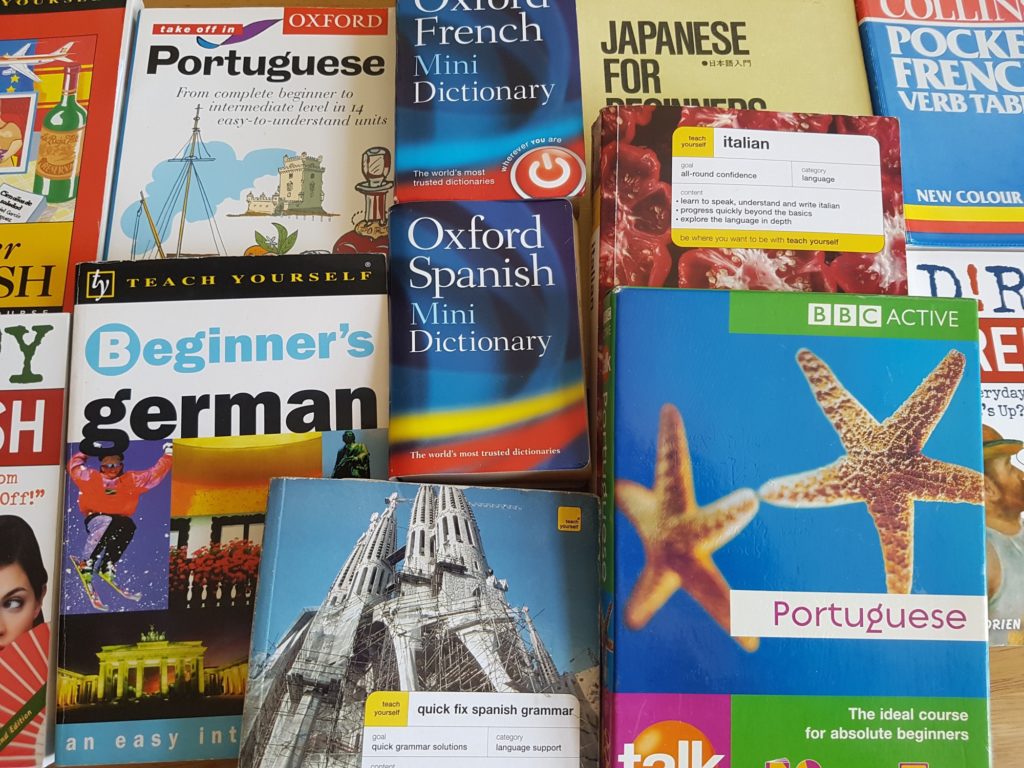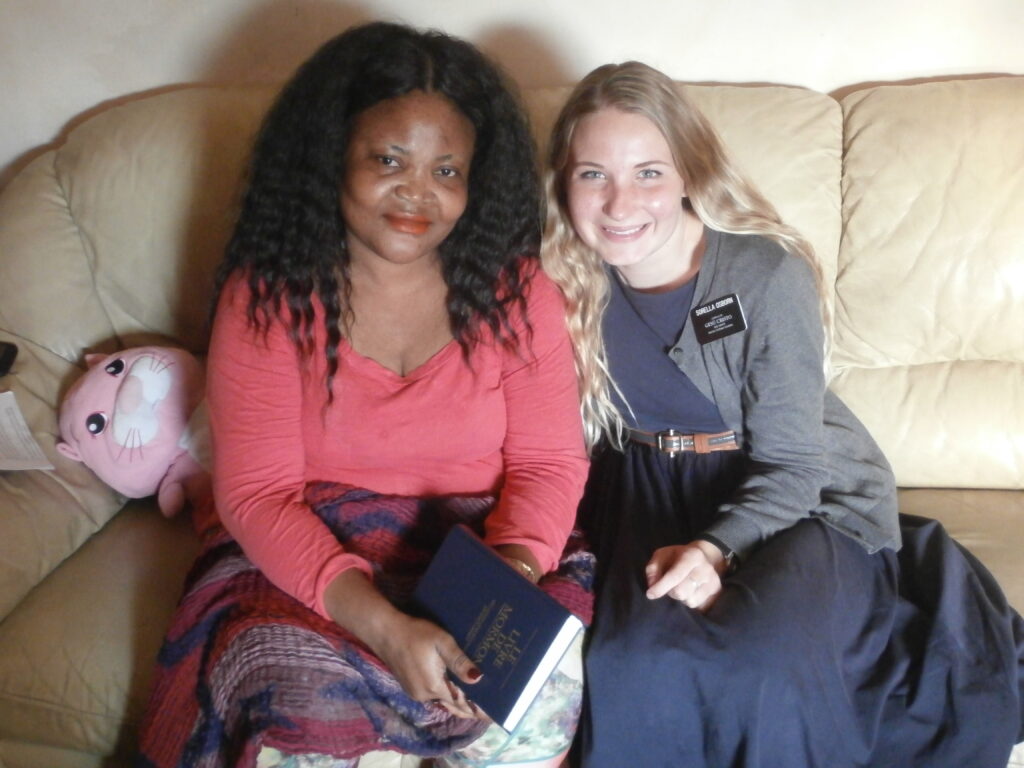The Church of Jesus Christ of Latter-Day Saints missionaries come home to find another side of language education at Weber State University.
Many students come through Weber State to get an education, regardless of religion or affiliation. But there seems to be several LDS students that come home from their missions to further their language capacities.
However, when they come home, they find that there is a big difference between learning a language simply by listening and speaking and learning in an academic environment at a university.
“Being on a mission, you experience a lot more talking with people. You learn about the culture simultaneously, as opposed to a classroom; you just learn about the facts and why things are the way they are,” Andrew Armstrong, a recent LDS returned missionary and student, said.
There seems a gap where these students must go about learning a language a different way than they were used to. Trying to combine the two ways of learning can be a difficult task.
“Although they are out in the field learning to speak and they’re in the culture, there is so much more that they need to learn to be well rounded,” Jennifer Stevens, the foreign language administrative assistant, said.

Having experience in a foreign language may give someone an edge over those who may not have had a similar experience.
It’s like the locals of any place in the world. The people know the language, they know the slang, they know the culture. What better place to learn a language than in the backyards of the locals?
These missionaries and other students have had the opportunity to make the mistakes in learning a new language, but they have it in real world situations.
In this light, these students have an obvious advantage over those who have not been able to learn in such a way.
“On the other hand, traditional students, have in fact learned to read and write in the Spanish. They have read from examples of contemporary and historical literature. They will have seen native language films and been exposed to cultural studies from a variety of countries and backgrounds,” Dr. Thomas Mathews said. Mathews teaches composition and Spanish linguistics at WSU. “The LDS mission is a wonderful foundation, our courses can help you become a professional.”
Mathews also explains how students who enter the SPAN 3060 class, Grammar and Composition, from a lower division class have the ability to write as well as any typical returned missionary.
The difference is that those lower division students often have better spelling and grammatical accuracy.
Traditional and returned missionary students do well in understanding both the practical and academic side to language. When it comes to an education, there are many ways one can learn. Students should simply get various perspectives to see the whole story.




















